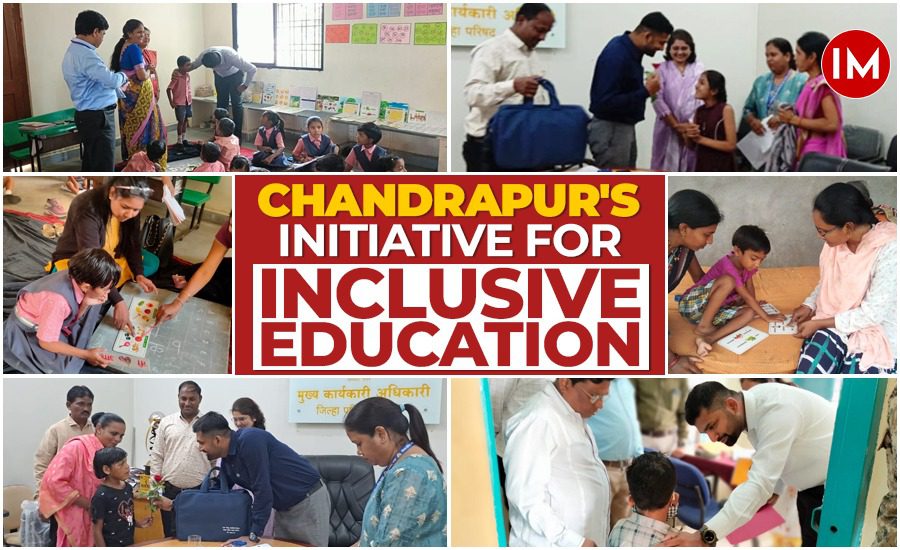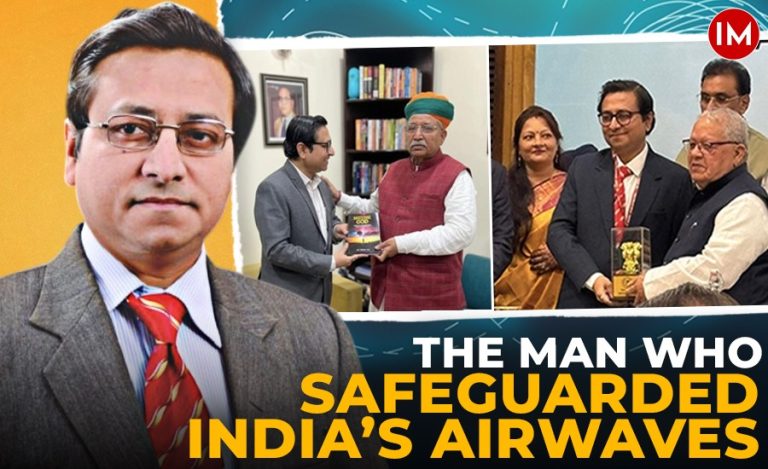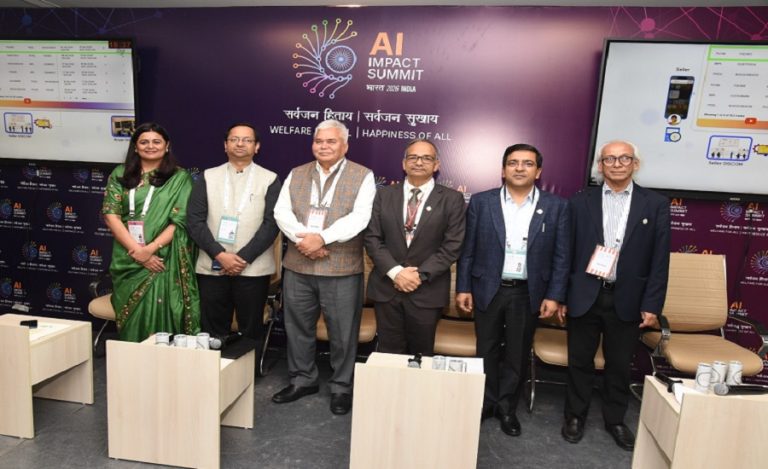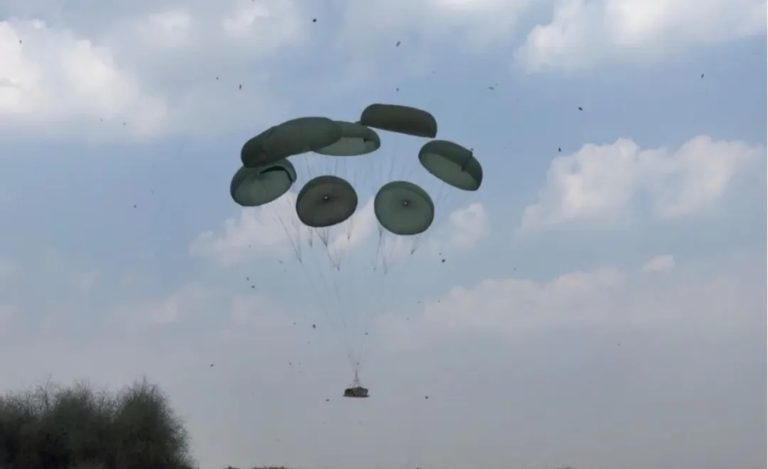Specially-abled students often encounter various challenges in accessing education, including physical barriers such as inaccessible buildings and lack of assistive technology. There are times when they also face discrimination and stigma from peers and educators, hindering their academic progress. There is a need for inclusive policies and initiatives to address the unique needs of disabled students and ensure equal learning opportunities.
IAS officer Vivek Johnson has taken a major step in this regard, which aims to empower physically disabled children and foster inclusivity in schools and society.
In Chandrapur district, a groundbreaking initiative called Mission Saksham by the CEO, Zila Panchayat, is revolutionizing education for children with special needs. With a mission to tackle the neglect faced by physically disabled children, the initiative aims to empower them and foster inclusivity, creating a supportive environment for their growth and development.
In an exclusive conversation with Indian Masterminds, the officer said, “Mission Saksham goes beyond being just an initiative; it stands as a testament to the transformative potential of inclusive education. Already, it has left a profound impact on the lives of CWSN in Chandrapur, marking a pivotal shift in their educational trajectory. As the mission expands its horizons, it brings forth the assurance of a brighter and more inclusive future for every child, irrespective of their individual needs and abilities.”
HOW IT STARTED
Mission Saksham commenced with the acknowledgment of a significant deficiency in comprehending and aiding Children With Special Needs (CWSN). Before its inception, these children frequently encountered neglect, perpetuating feelings of inadequacy. The primary aim was to broaden access to quality educational resources and assistance for all CWSN children in the Chandrapur district. Mission Saksham sought to empower these children by affirming their entitlement to education and nurturing a supportive environment conducive to their development.

THE IMPLEMENTATION
In July 2023, a team was formed to plan the evaluation of CWSN children. They created tools to assess three types of educational support: Classroom Support(For CWSN who can learn in regular classrooms with support from teachers), Inclusive Support (who need assistance from special educators and teachers in school) and Integrated Support (For severely disabled CWSN who require help from parents for daily activities and development). Training sessions were held, and digital tools were used to collect data. This data was analyzed to create action plans for educational support at 50, 70, and 90 days.
Mr. Johnson highlighted the important factors considered in creating the action plan. These included assessing the current abilities of CWSN by experts, understanding their learning styles, physical condition, IQ range, and the level of support they needed for education.
In July 2023, a team worked on designing the baseline survey for CWSN, following NIPUN guidelines and using the Rubrics Evaluation method. Different sets of questions were prepared to determine the level of CWSN students. Special educators, medical teams, and social welfare departments actively took part in this process. Financial resources were managed efficiently within the available budget.
The officer emphasizes that the program focused on celebrating students’ small achievements, crucial for understanding their development. It prioritized receptive and expressive languages and incorporated repeated learning styles and activity-oriented teaching tailored to individual needs.
“Training sessions were organized, and survey tools were developed to gather data through digital platforms such as Kobo Toolbox. The collected data underwent meticulous analysis, paving the way for the formulation of action plans to enhance educational support,” said Mr. Johnson.
The implementation phase entailed mobilizing human resources, leveraging government channels, and fostering inter-departmental collaboration. Special educators, medical teams, and social welfare departments played active roles, while financial resources were adeptly managed within existing budgets, demonstrating resourcefulness. Since, ensuring the education of children with special needs isn’t solely the responsibility of Ministries of Education and schools, so Mr. Johnson and his team focused on collaborating with teacher, parents and community for the inclusive development of the children.

The impact of the initiative is palpable in the end-line data, which highlights notable improvements among the 1846 CWSN students. Many students transitioned between support programs, indicating enhanced Foundational Literacy and Numeracy. The distribution of 872 kits and the use of assessment tools like NIPUN and ASAR further enriched the transparent evaluation process.
THE FIRST IN THE STATE
Mission Saksham stands out for its innovative approach, being the first initiative in Maharashtra to assess Foundational Literacy and Numeracy among CWSN children. Tailored tools and action plans were crafted for different disabilities, emphasizing inclusivity. Its zero-budget strategy, leverage of government resources, and focus on data-driven decisions through tools like ASAR and NIPUN showcase its unique methodology. Digital tools like Kobo Toolbox and Tableau Public added efficiency, while collaborations with various stakeholders led to a comprehensive impact report, highlighting its success.
































